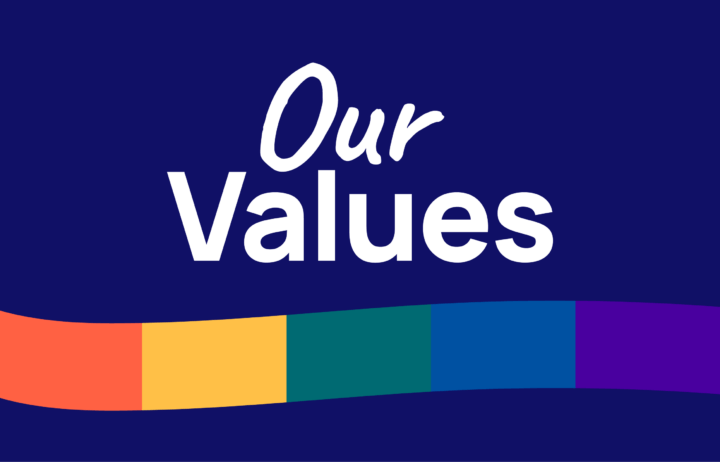Youth's Lives Every Day
This year, one of my resolutions is to be more a candid about mental health, and this includes talking about the difficult subject of suicide and suicidal ideation. Because the more we talk about it, the more we can de-stigmatize it.
First, we need to define it. “Suicide is the act of injuring oneself with the intent to die.”
One of the hardest topics to talk about is suicide. Many of us may know people who have attempted or lost their lives to suicide, but talking about it can often feel taboo. We live in a society that sweeps a lot of tough conversations under the rug. In 2017, a person died by suicide every 11 minutes. It’s the second leading cause of death among people ages 10-24, and suicide is currently considered a public health crisis in the United States. But even though it’s such a common cause of death, we don’t talk about it the way we do with heart disease or cancer.
People complete suicide for myriad reasons. Human lives are multifaceted and rife with challenges. Mental health struggles are more common than people let us know. We can’t try to end something if we don’t acknowledge it exists and exists under many circumstances; the more we talk safely about suicide, the more we can understand the challenges it poses.
Here’s how to talk about suicide safely:
Be non-judgmental. Suicide affects tens of thousands of people and families in the U.S. every year — and even more are affected by thoughts of suicide and attempts.
Understand that there are many reasons people may feel suicidal. They may feel alone in a crisis. They might feel socially isolated. They may feel like they’re a burden and that people around them might be better off without them.
Remember the impact of trauma. Our natural fear of dying can weaken when we’re exposed to repeated physical pain or traumatic life experiences. Death of a friend or loved one, repeated physical pain, or traumatic life experiences can all increase risk of suicidal ideation.”
Talking about suicide is proven to help. Discussing mental health or suicide is actually proven to help encourage safety. It actually shows that we’re not alone and we’re not a burden.
Remember there are 24/7 resources available. For general mental health intervention, call the National Suicide Prevention Lifeline at 988. For mental health services specifically for LGBTQ young people, text The Trevor Project at 678-678 or call 1-866-488-7386.
While suicide can be difficult to talk about, it’s important to speak up. For those of us who know people who have completed or attempted suicide, it can be painful to not have the tools to talk about it. For those who have considered or attempted suicide, it can be equally painful, feeling as though it is shameful or a secret.
We hope starting the conversation can build connection and make us feel equipped to empathize with each other and eventually end suicide among LGBTQ young people and everyone affected by it. Just by talking about suicide, we can change the culture and remove the stigma. This year can be the year we decide to find a way to talk about suicide safely and start to destigmatize mental health challenges.
Ryan Bernsten is Senior Managing Editor at The Trevor Project, a suicide prevention and mental health organization for lesbian, gay, bisexual, transgender, queer & questioning (LGBTQ) young people.


